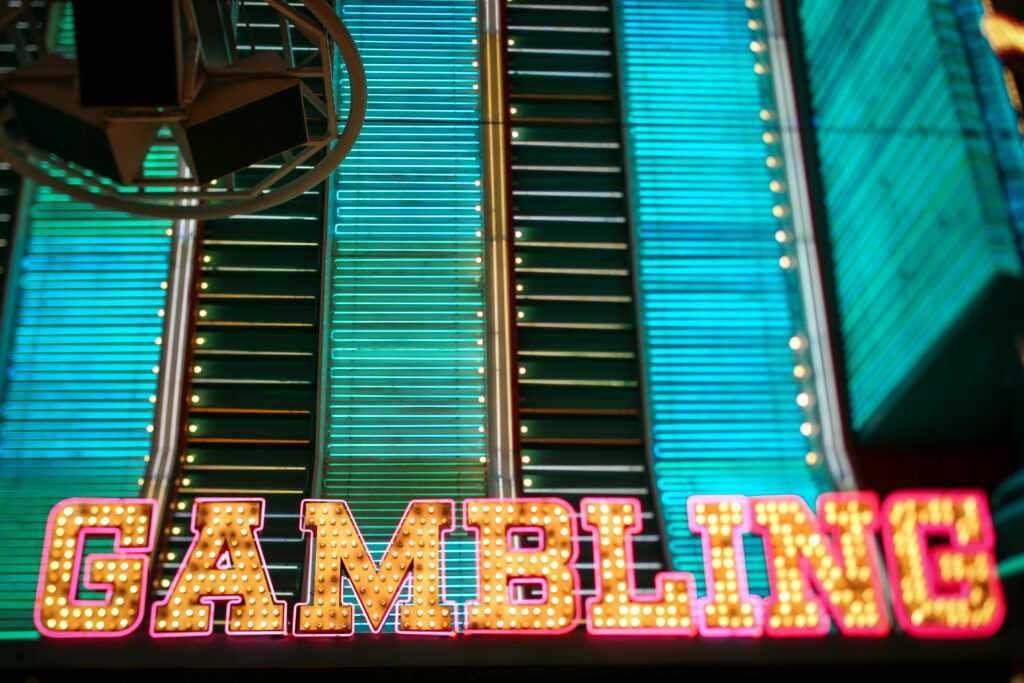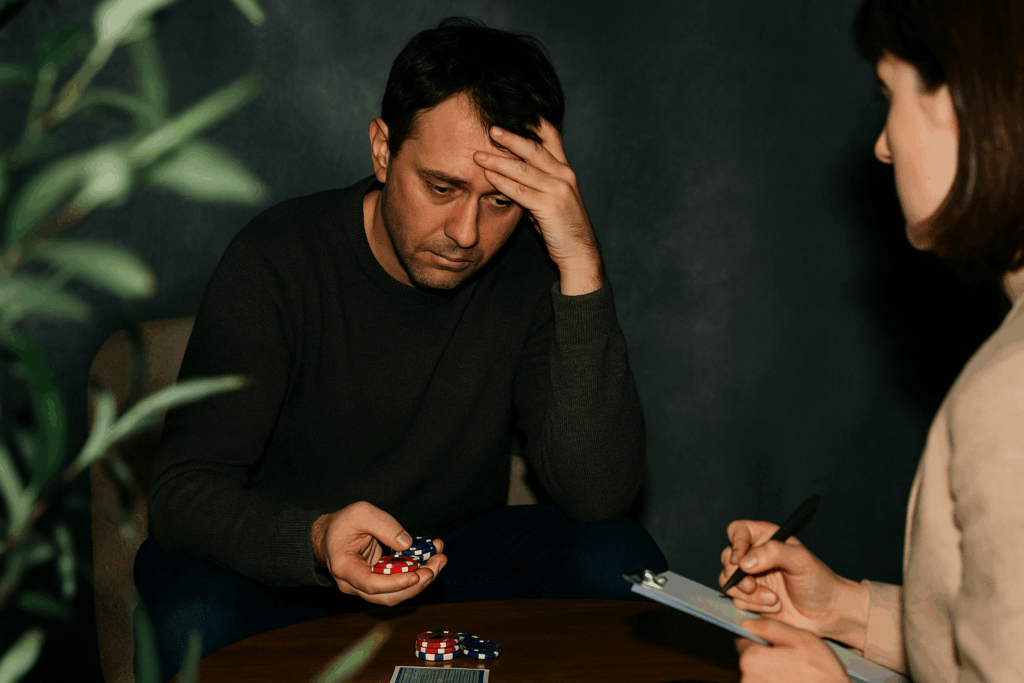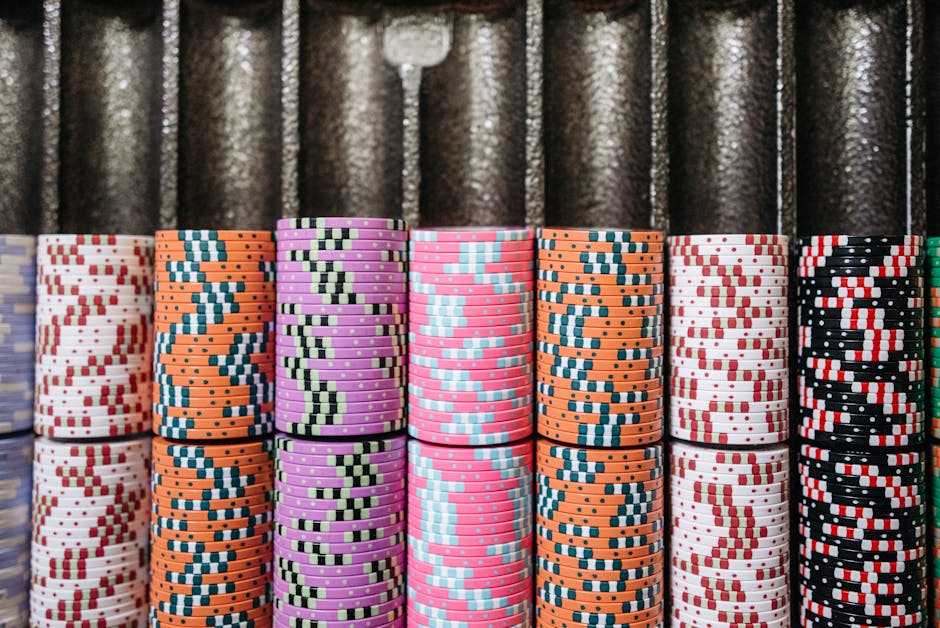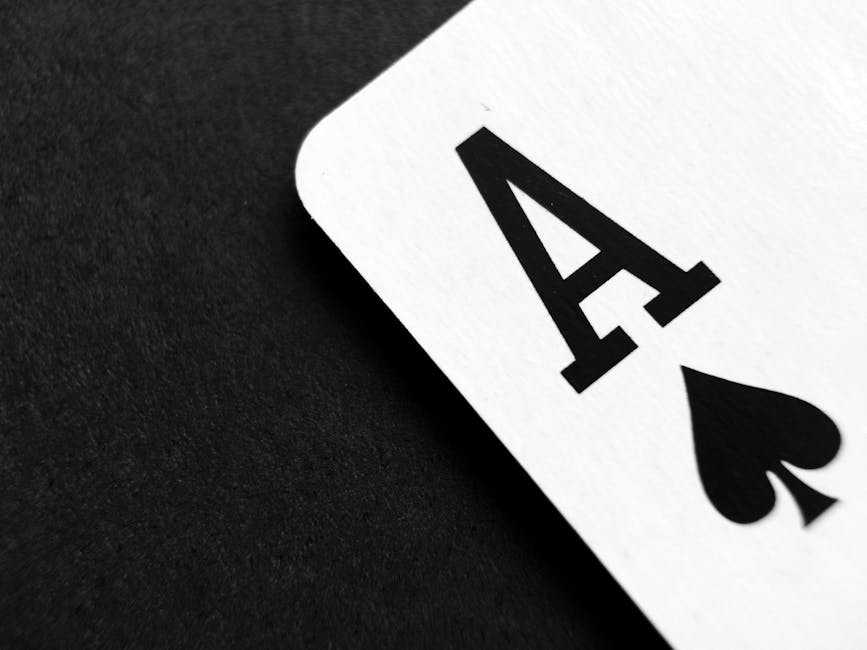Introduction: Gambling – When the Line Blurs
Most people don’t walk into gambling thinking it’ll be a problem. It starts innocently—a friendly poker night, an online sports bet, or the appeal of a flashy slot machine during a night out. Often it’s social. Often it’s just for fun. The risk feels low, the rewards feel close, and the adrenaline keeps it exciting.
But gambling has a quiet way of hooking into daily routines. A few casual bets become regular bets. Wins feel like fuel, and losses feel like a challenge to push through. Time doubles, money disappears faster, and before long, it stops being just entertainment. That can happen slowly—or all at once.
Recognizing the early signs is where the real power lies. Before gambling rewires your goals, your mood, your finances—there’s usually a window where things feel slightly off. Ignoring that can tighten the grip. Catching it early helps you stay in control, or course-correct before harm sets in.
This article breaks down those red flags—the shifts in behavior, mindset, and relationships that often go unnoticed until they’ve dug in deep. Because gambling doesn’t have to spiral, and spotting the signs early can make all the difference.
Common Behavioural Red Flags
Gambling problems rarely show up all at once. They creep in—small changes that add up fast. One of the most obvious early signs? Spending more time and money gambling than you used to. That quick game after work becomes a nightly routine. A few bucks here and there turns into maxing out credit cards or dipping into rent money.
Then there’s chasing losses. It’s the belief that one big win will wipe the slate clean. It never does. Instead, you pour in more money trying to undo the damage. Fast wins start feeling like the only way out, and the spiral deepens.
Along the way, honesty takes a hit. People start hiding or lying about their gambling. Deleted apps, secret bank accounts, excuses about where the time went. It’s not just about shame—it’s about keeping the illusion intact for everyone else. But once this kind of hiding starts, it’s a signal: things are getting serious.
Emotional and Psychological Warning Signs
For many people struggling with gambling, the emotional toll hits before the bank account does. It starts as a nagging feeling—worry, guilt, or raw anxiety after a betting session. You know deep down it’s slipping out of your control, but you tell yourself it’s just a rough patch. That feeling doesn’t fade. In fact, it usually gets worse.
Then comes the restlessness. When you’re not gambling, you’re irritated. You feel low, disconnected. Normal daily stuff—work, meals, conversations—feels dull. Like your mind is always halfway somewhere else, itching for the next escape.
And that’s the key word here: escape. Gambling stops being about fun or even winning. It turns into a coping mechanism. A way to avoid stress, dodge problems, distract yourself from pain. But escaping isn’t healing—it’s just delay. And over time, the feelings you’re trying to outrun tend to catch up, stronger than before.
If these emotional patterns sound familiar, it’s not just a bad habit—it’s a warning sign.
Financial Consequences That Raise Alarms
Money problems are one of the clearest signals that gambling might be crossing a line. It usually starts small—asking friends or family for a quick loan, pawning an old phone, selling off unused stuff. But when those one-off fixes become routine, it’s a problem hiding in plain sight.
Unpaid bills stack up. Credit cards get maxed with no end in sight. Bank accounts run on fumes. Rent, grocery money, gas for work—funds meant for the essentials start disappearing into bets and machines. It’s not about poor math skills or bad budgeting. It’s about gambling taking priority over everything else, including basic needs.
When financial stress becomes an everyday reality, and gambling keeps winning the top spot in the lineup of spending, it’s time for a hard look. These patterns rarely fix themselves without serious change.
Impact on Relationships and Responsibilities
When gambling becomes more than a game, it doesn’t stay in its lane. It starts creeping into every part of life—and often, it hits closest to home.
Relationships take the first hit. Fights with partners over money, time, or secrecy become routine. Trust erodes. Friends and family start noticing the distance—missed calls, excuses, cancellations. The person who once showed up now barely texts back.
Then comes neglect. Work performance slips, school assignments go untouched. Deadlines are missed, grades fall, coworkers step in to cover. Reality fades behind the screen of the next bet.
And finally, isolation. Many problem gamblers retreat from others entirely. They gamble in silence, behind closed doors, usually late into the night. Not because it’s fun anymore—but because it offers a momentary escape. A break from life, and from the damage being done.
This isn’t just about lost time. It’s about a life slowly redirected around addiction. Catching these signs early can be the difference between a rough patch—and a destructive cycle.
Understanding the Cycle: Why It’s Hard to Quit
Many people wonder why someone doesn’t simply stop gambling once it starts to create problems. The truth is, there’s a deeper psychology at work—and it’s not just about willpower.
How the Brain Reinforces Gambling
Gambling triggers a powerful neurological response in the brain. Each win, near-miss, or anticipation of a potential payout activates the reward center, releasing chemicals tied to pleasure and motivation.
- Dopamine Release – The brain releases dopamine during moments of excitement or reward, even when the outcome is uncertain. This rush keeps gamblers coming back for more.
- Reinforcement Loop – Much like with alcohol or drugs, this reward feedback loop can lead to compulsive behavior over time.
The Trap of ‘One More Win’
A major reason people struggle to quit is the belief that the next bet could undo all the damage.
- Chasing Losses – Many gamble more after losing money, desperately trying to win it back.
- False Confidence – Winning once creates a false memory of control, which overshadows the many losses.
Shame, Secrecy, and the Vicious Cycle
As losses build and consequences grow, many gamblers retreat inward rather than reach out. This emotional pattern only deepens dependency.
- Guilt and Embarrassment – Feeling ashamed can lead to more secretive behavior, which disconnects the gambler from support systems.
- Isolation – Shame often results in silence, making it harder to break the cycle or ask for help.
- Pressure to Recover Privately – People often try to ‘fix it themselves’ before anyone notices, worsening the problem in the meantime.
Understanding this cycle is essential: just because someone struggles to stop doesn’t mean they don’t want to or aren’t trying. It’s a complex loop—but it can be broken with awareness and support.
Practical Steps to Take If You See the Signs
Recognizing the signs of problem gambling is one thing—acting on them is what really matters. Start small. Keep a gambling diary. It doesn’t need to be fancy. Just track when you feel the urge, what triggered it, and what you did next. Over time, patterns show up. Maybe you only gamble when you’re bored, stressed, or after drinking. Once you know the patterns, you can break them.
Next, draw a line—set hard limits. That might mean cutting your budget down to zero or taking a full break. Apps and websites offer ways to cap spending. But self-control goes further when you lock in structure. Schedule alternative activities during your high-risk times. Leave cards at home. Use only cash if you must.
Self-exclusion tools are one of the strongest moves you can make. They let you block access to gambling platforms for weeks, months, or permanently. Pair that with blocking software that cuts off gambling sites altogether, and you put real distance between you and the temptation. It’s not about weakness—it’s about building a system that helps you win outside the game.
Need a starting point? Check out this resource on Using Self-Exclusion Tools to Manage Gambling. Clarity and control are all steps forward.
When and Where to Get Help
Recognizing the signs of problem gambling is a critical first step—but knowing where to turn is just as important. No one should navigate this struggle alone. There are multiple paths to support, and finding the right one can make all the difference.
Lean on Your Support Network
Often, the people closest to you can provide the first—and most important—support:
- Family members who want to help you regain balance
- Close friends who can offer perspective and accountability
- Partners who may be affected but still care deeply about your wellbeing
Talking to someone you trust about what you’re going through can ease some of the emotional weight and help open doors to further support.
Talk to a Professional
When the problem feels too big to manage alone, it may be time to speak with a professional. They can guide you through recovery with practical tools and emotional support. Options include:
- General practitioners (GPs): Can assess your situation and refer you to a specialist
- Therapists or counselors: Trained to help people with addiction and underlying emotional triggers
- Psychologists or social workers: Offer ongoing care and strategies for long-term recovery
Access Confidential Help Online
For some, going online is a first, safer step toward seeking help. Fortunately, there are confidential support options available 24/7:
- Help lines: Speak with trained advisors in real time
- Chat-based platforms: A text-friendly alternative to phone calls
- Support groups: Online communities where people share experiences and recovery tips anonymously
If you’re unsure where to begin, visiting a national gambling helpline or addiction support website can guide you in the right direction.
Getting help isn’t a sign of weakness—it’s a sign of taking control.
Final Thoughts: You’re Not Alone
Problem gambling isn’t rare. It cuts across income levels, professions, and backgrounds. You might not see it on the surface, but it’s there—in people quietly wrestling with mounting debt, sleepless nights, broken trust, and shame. It’s more common than you’d think, and far more isolating than it needs to be.
The first step is seeing the signs for what they are. Mood swings, missed bills, skipping out on responsibilities, lying to cover habits—none of it means someone is weak. It just means something’s gone off-course. Naming the problem is the start of taking back control.
Recovery doesn’t happen overnight, but it happens. With the right help—professional support, peer groups, digital tools, honest conversations—people turn it around every day. The road isn’t always straight, but it’s real. And no one has to walk it alone.


 Nealsuner Williams contributes to GambleFitnessSplash with articles that dive into fitness, gaming, and modern tech. With a passion for exploring how innovation impacts daily routines, Nealsuner helps readers discover smarter ways to integrate wellness and responsible play.
Nealsuner Williams contributes to GambleFitnessSplash with articles that dive into fitness, gaming, and modern tech. With a passion for exploring how innovation impacts daily routines, Nealsuner helps readers discover smarter ways to integrate wellness and responsible play.

